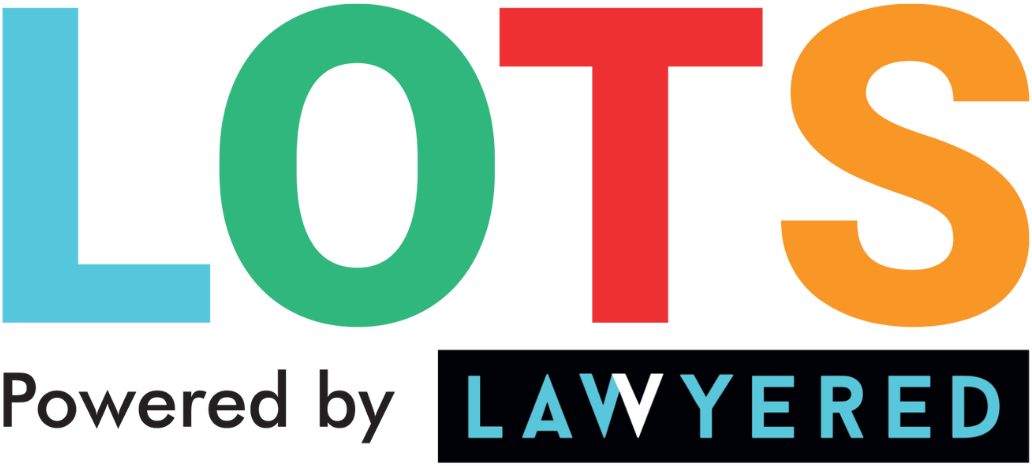Historical and Legal Aspects of Media in India

Introduction
A significant sign of a healthy democracy is the state of media in that country. The role of media in keeping the masses up-to-date with the functioning of their government is massive. Mass media makes leaders accessible to the common man; it brings their decisions to light so that citizens can decide whether the decision was poor or beneficial for society. Freedom of the press in India is called the fourth pillar of democracy. It acts as the voice of a nation.
Where it began
The roots of mass media in India are highly entwined with the origins of her British colonizers. The first newspaper published was called the Bengal Gazette by Augustus Hickey in 1780. Soon the government realized that the media was criticizing its operations. Hence, licensing was introduced in 1823.
Licensing was the birth of censorship. It made press without a license a penal offense and mainly targeted Indian-language newspapers and those edited by Indians. Metcalfe's Act, 1835, repealed the licensing regulations and led to the liberation of the press. Licensing Act was again enacted after the Revolt of 1857 to restrict the press.
The government now could halt the publication or circulation of any book, newspaper, or printed media. Vernacular Press Act, 1878 was formulated to smother Indian language newspapers' freedom further.
Newspapers (Incitement of offences) Act, 1908 was designed to target media publications supporting the 'Swadeshi Movement.' Indian Press (Emergency Powers) Act, 1931 was enacted to punish media participation in support of the Civil Disobedience Movement. Hence, it is evident that mass media in India had a turbulent past, but from 15th August 1947 till now, it has flourished as the 'Fourth Pillar of Democracy.
Legal aspect
Freedom of the press is not mentioned in the Indian Constitution, but it is perceived to come under Article 19(1)(a), which guarantees freedom of speech and expression. When read with 'Liberty of thoughts and expressions' mentioned in the Preamble, it comes full circle. Dr. Ambedkar clarified that freedom of the press doesn't need a separate provision as the right of expression of an individual and press was the same. The release of the press has three essential elements—
-
Freedom of access to all sources of information,
-
Freedom of publication, and
-
Freedom of circulation.
The freedom of the press is not absolute. It comes with reasonable restriction in matters affecting defamation, contempt of court, decency or morality, incitement to an offense, and others given under Article 19(2).
Freedom of the press was further highlighted in landmark cases—Romesh Thapar vs. State of Madras [ AIR 1950 SC 124] and Brij Bhushan vs. State of Delhi [AIR 1950 SC 129], where it was held that freedom of the press is a fundamental right and cannot be curtailed except limitations mentioned under Article 19(2).
Right to criticize was also held as part of Art 19(1) in Kedar Nath Singh vs. State of Bihar [AIR 1962 SC 955]. The right to report court proceedings was held to be a critical part of press freedom in Kartar Singh v. State of Punjab [(1994) 3 SCC 569] as it enhanced public knowledge and aided the functioning of the legal system.
Conclusion
Freedom of the press is a necessary element of any healthily functioning democracy. It is rightly said that it is the fourth pillar of democracy as it enables the flow of ideas, holds leaders accountable for their deeds, and becomes the voice of reason. Nowadays, media is the citizens' voice, and anyone can approach its doors when all other doors seem to close.



Sophie Asveld
February 14, 2019
Email is a crucial channel in any marketing mix, and never has this been truer than for today’s entrepreneur. Curious what to say.
Sophie Asveld
February 14, 2019
Email is a crucial channel in any marketing mix, and never has this been truer than for today’s entrepreneur. Curious what to say.